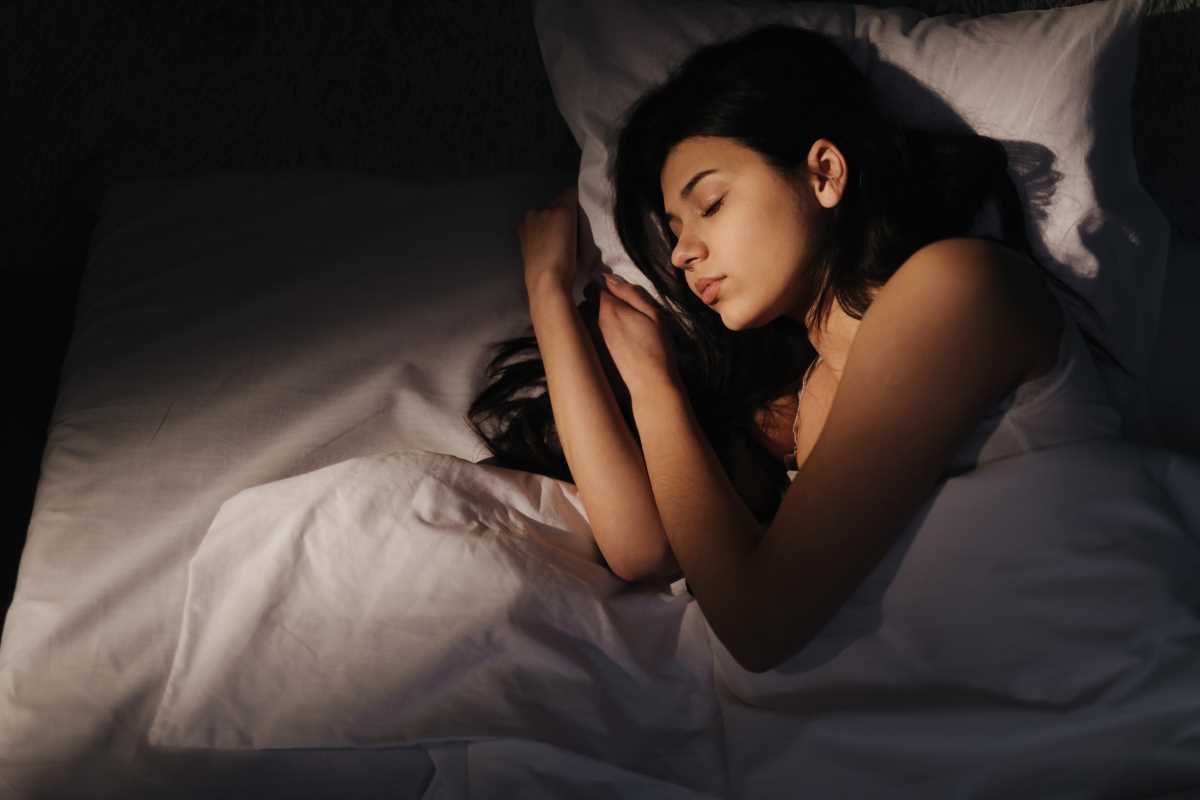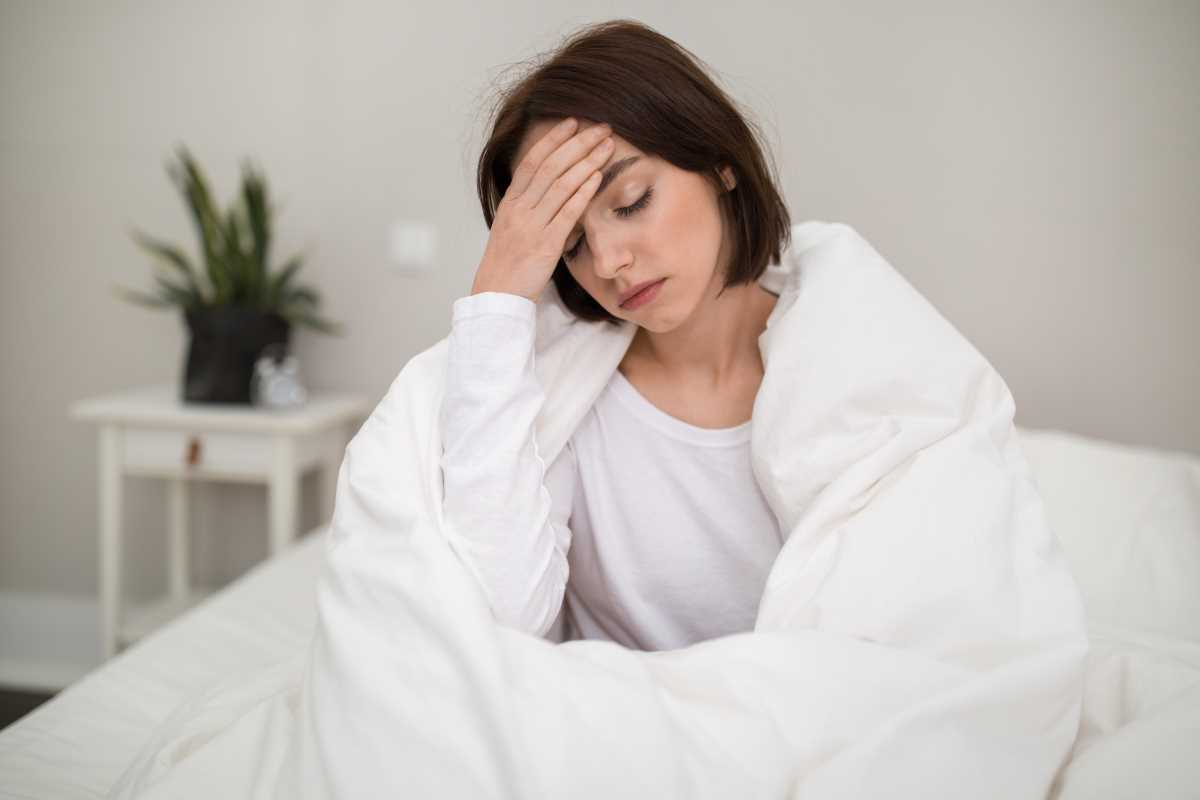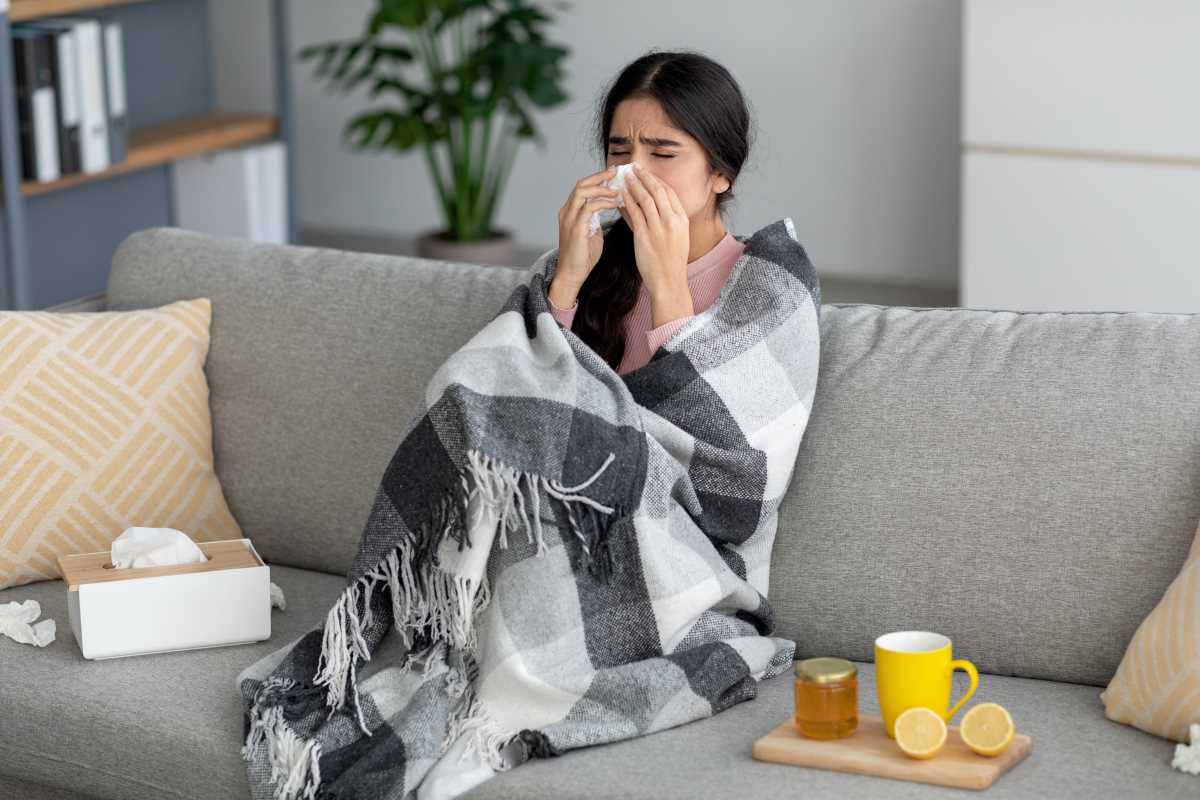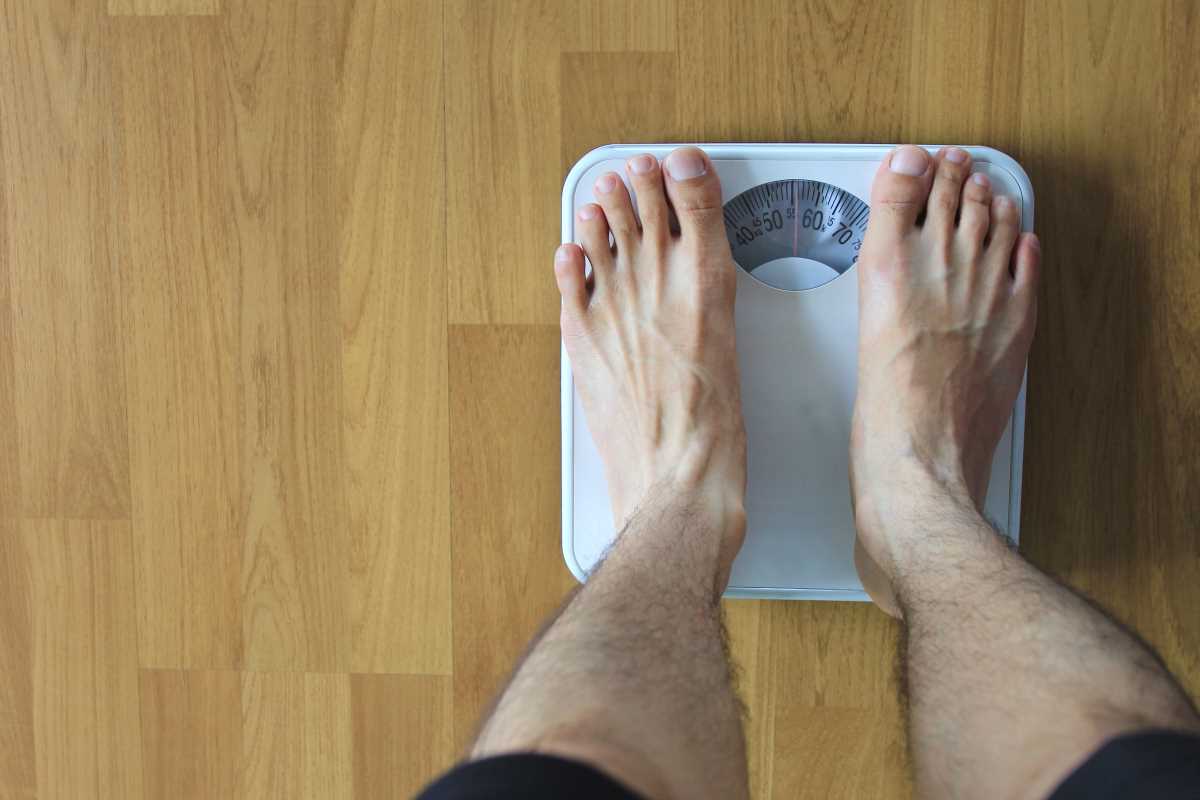Struggling with sleepless nights can be incredibly frustrating, leaving you feeling drained and unfocused during the day. However, there are effective strategies you can try to help you get the rest you need and wake up feeling refreshed. These methods don’t require drastic changes—just small, manageable tweaks to your routine. Here are seven practical sleep hacks designed to improve your sleep quality, promote relaxation, and help combat insomnia so you can finally enjoy the restorative sleep you deserve.
Create a Consistent Sleep Schedule
Establishing a regular sleep routine can help regulate your internal clock. Going to bed and waking up at the same time every day, even on weekends, reinforces your body's sleep-wake cycle, making it easier to fall asleep and wake up naturally.
- 7-9 hours is the recommended amount of sleep for adults.
- 5-15 minutes is the ideal time it should take to fall asleep.
Limit Blue Light Exposure Before Bed
Exposure to blue light from screens can interfere with your ability to fall asleep. Blue light suppresses melatonin production, a hormone that regulates sleep. Try reducing screen time an hour before bed or use blue light filters on your devices.
- 1-2 hours of screen-free time before bed can significantly improve sleep.
- 60% of adults report using electronics within an hour of trying to sleep.
Create a Relaxing Bedtime Routine
Engaging in calming activities before bed can signal your body that it's time to wind down. Reading a book, taking a warm bath, or practicing relaxation techniques like deep breathing can prepare your mind and body for sleep.
- 20-30 minutes of a relaxing pre-sleep routine can improve sleep quality.
- 80% of people report better sleep when they follow a bedtime routine.
Watch What You Eat and Drink
Eating large meals, caffeine, and alcohol close to bedtime can disrupt sleep. Aim to finish eating at least two to three hours before bed, and avoid caffeine in the afternoon and evening to prevent sleep disturbances.
- Avoid caffeine after 2 PM to ensure it doesn’t interfere with sleep.
- 3 hours is the recommended time to wait after eating before going to bed.
Keep Your Bedroom Cool
A cool, dark, and quiet environment can help promote better sleep. The optimal temperature for sleep is typically between 60-67°F (15-19°C). Consider using blackout curtains, earplugs, or a white noise machine to create a serene sleeping environment.
- 65°F (18°C) is the optimal room temperature for sleep.
- 75% of people sleep better in a cool room.
Exercise Regularly, But Not Before Bed
Regular physical activity can help you fall asleep faster and enjoy deeper sleep. However, avoid vigorous exercise close to bedtime as it might have the opposite effect and keep you awake.
- 30 minutes of exercise a day can enhance sleep quality.
- 3 hours is the recommended time gap between exercise and bedtime.
Manage Stress and Worry
Stress and anxiety are common culprits of sleeplessness. Incorporating stress management techniques like meditation, journaling, or light stretching can help calm your mind before bed, making it easier to drift off to sleep.
- 45% of adults report that stress keeps them awake at night.
- 10-20 minutes of relaxation exercises before bed can reduce insomnia.
These sleep hacks are not just about creating a better night’s sleep but also about fostering habits that contribute to overall well-being. Try incorporating these tips into your routine and see how they can make a difference in your sleep quality.







